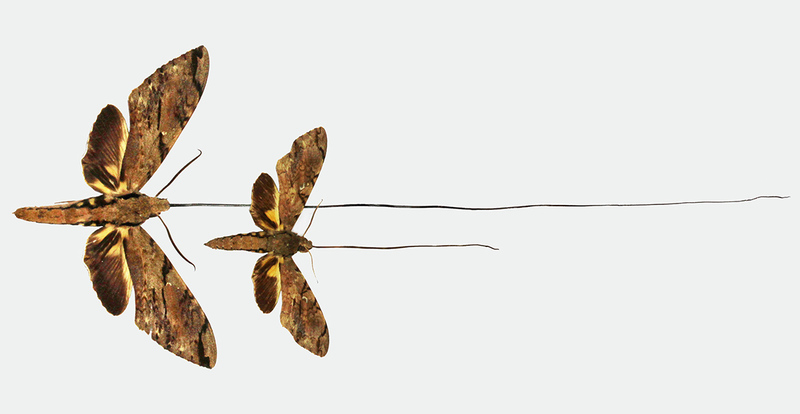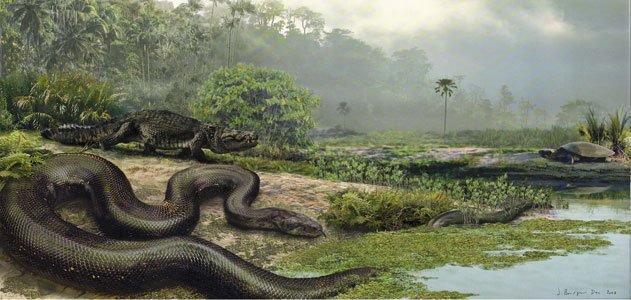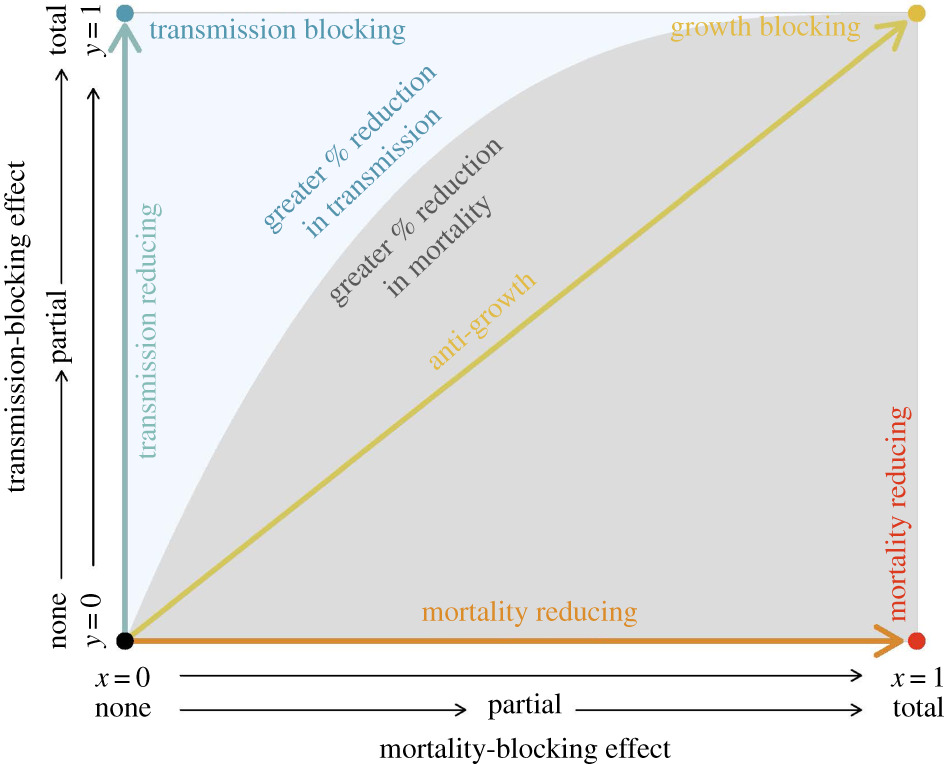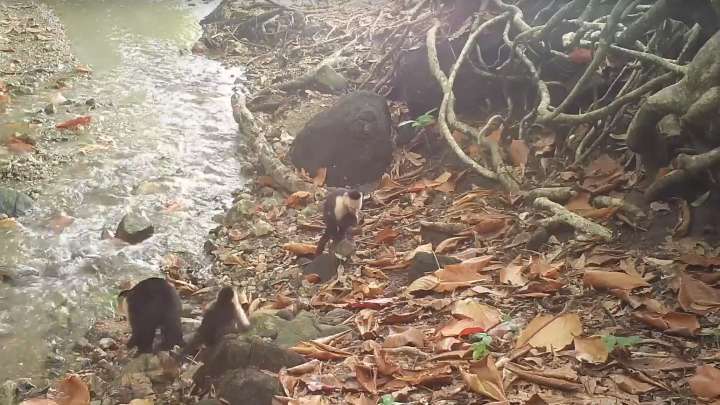
|
| Moth predicted to exist by Darwin and Wallace becomes a new species |
|
In 1862, when Charles Darwin was sent a specimen of orchid from Madagascar with its incredible nectar tube measuring a full 30 centimetres long, he exclaimed in a letter to a friend: 'Good heavens, what insect can suck it!' |
|
Oct 05, 2021
by
Natural History Museam
Botany & Horticulture Blogs |

|
| How Titanoboa, the 40-Foot-Long Snake, Was Found |
|
In the lowland tropics of northern Colombia, 60 miles from the Caribbean coast, Cerrejón is an empty, forbidding, seemingly endless horizon of dusty outback, stripped of vegetation and crisscrossed with dirt roads that lead to enormous pits 15 miles in circumference. It is one of the world's largest coal operations, covering an area larger than Washington, D.C. |
|
Apr 24, 2021
by Smithsonian Magazine
Nature Blogs |

|
| 65 Million-Year-Old Evolutionary Arms Race: Moths' Extraordinarily Sophisticated Wing Design |
|
Moths Strike Out in Evolutionary Arms Race With Sophisticated Wing Design Ultra-thin, super-absorbent and extraordinarily designed to detract attention, the wings of moths could hold the key for developing technological solutions to survive in a noisy world. As revealed in a new study publishe |
|
Nov 25, 2020
by
SciTechDaily
Tech Blogs |

|
| Vaccine-driven virulence evolution: consequences of unbalanced reductions in mortality and transmission and implications for pertussis vaccines |
|
Many vaccines have heterogeneous effects across individuals. Additionally, some vaccines do not prevent infection, but reduce disease-associated mortality and transmission. Both of these factors will alter selection pressures on pathogens and thus shape the evolution of pathogen virulence. We use a ... |
|
Dec 16, 2019
by
PubMed
Science & Medicine Blogs |

|
| A Group Of Monkeys In Panama Has Just Entered The Stone Age |
|
Researchers have discovered that one population of white-faced capuchin monkeys in Panama have entered the Stone Age. The monkeys have started using stone tools to break nuts and shellfish, making them the fourth type of primates to do so after us. |
|
Jun 23, 2019
by
IFLScience
Science & Medicine News |
Go to Top